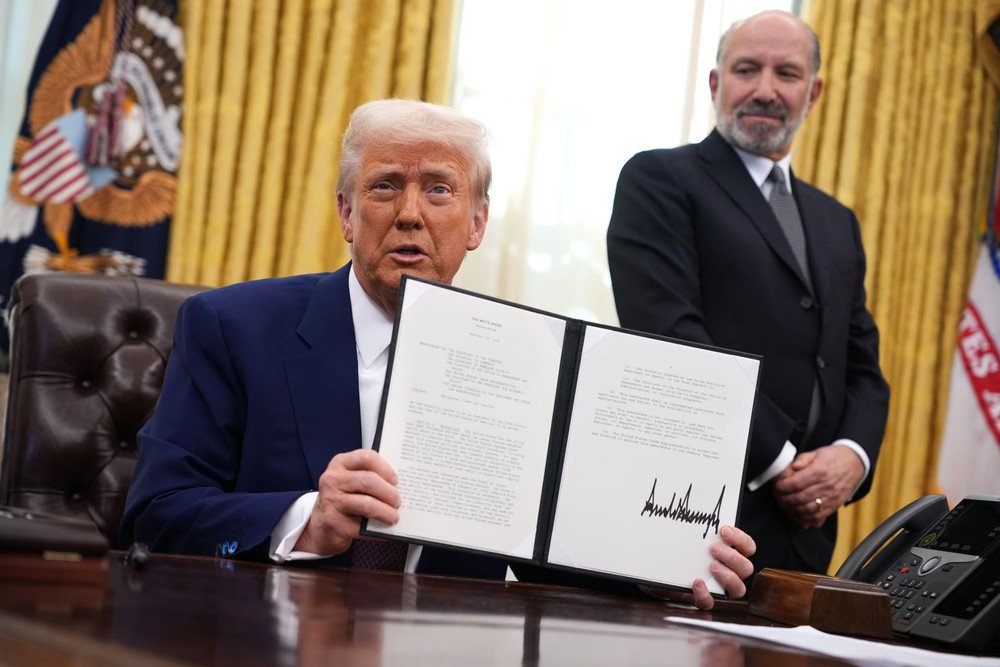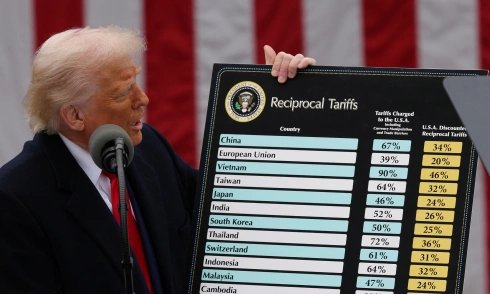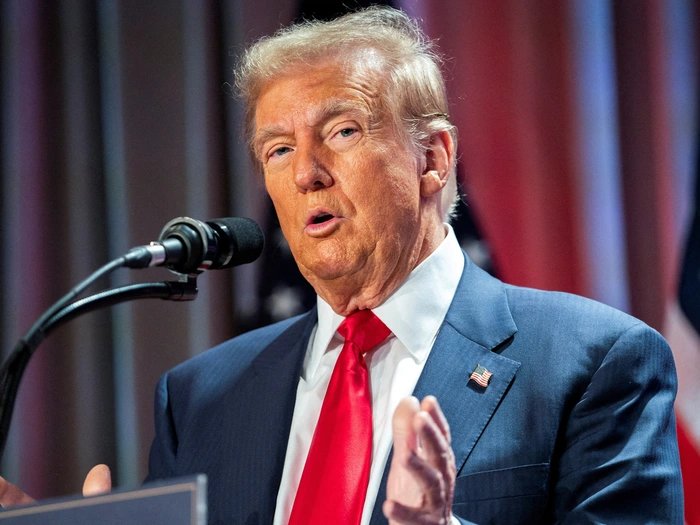The international trade landscape has undergone significant shifts in recent years, especially during the presidency of Donald Trump. One of the most controversial aspects of his trade policies was the proposed “reciprocal tax” policy. This tax aimed to impose equivalent tariffs on foreign goods entering the United States, mirroring the tariffs that U.S. exports faced abroad. While the policy was framed as a measure to protect American industries and ensure fairness in global trade, it faced strong opposition from multiple countries and international organizations. This article explores why various nations opposed Trump’s reciprocal tax policy, its potential consequences, and the broader implications for global trade.
### Understanding the Reciprocal Tax Policy

Trump’s reciprocal tax policy was designed to counteract what his administration perceived as unfair trade practices. Under this framework, the U.S. would impose tariffs on imported goods equivalent to the tariffs that other countries imposed on American goods. The goal was to encourage trading partners to reduce their tariffs and create a more balanced trade environment.
However, this policy raised concerns globally, as it threatened to disrupt existing trade agreements and escalate trade conflicts. Many nations saw it as a unilateral move that disregarded established trade norms and the rules set by the World Trade Organization (WTO).
### Opposition from Key Trading Partners
#### **European Union (EU)**
The European Union was among the strongest opponents of the reciprocal tax policy. EU officials argued that the policy violated WTO rules and risked triggering retaliatory measures that could harm both American and European businesses. European leaders also warned that such tariffs would increase costs for consumers and businesses, leading to economic instability.
#### **China**
China, already embroiled in a trade war with the U.S. under Trump’s administration, saw the policy as another aggressive move against its economic interests. Beijing criticized the policy as a form of economic nationalism that could exacerbate global trade tensions. Chinese officials also pointed out that such a policy would likely lead to further retaliatory tariffs, worsening the economic relationship between the two nations.
#### **Canada and Mexico**

As key trading partners under the North American Free Trade Agreement (NAFTA) and later the United States-Mexico-Canada Agreement (USMCA), Canada and Mexico expressed concerns that the policy could undermine regional economic cooperation. Both countries emphasized that such an approach could lead to unnecessary disruptions in supply chains and harm industries reliant on cross-border trade.
#### **Japan and South Korea**
Both Japan and South Korea, long-time allies of the U.S., also opposed the policy. These countries argued that the reciprocal tax could harm economic partnerships and discourage investment in the U.S. market. South Korea, in particular, feared that the policy would negatively impact its automobile and technology sectors, which rely heavily on exports to the United States.
### Economic and Political Consequences
#### **Potential for a Global Trade War**
One of the most significant concerns surrounding the reciprocal tax policy was the potential for a global trade war. If countries retaliated with their own tariffs, it could create a cycle of escalating trade restrictions, leading to higher costs for businesses and consumers worldwide.
#### **Impact on American Consumers and Businesses**
While the policy aimed to protect American industries, it also carried risks for U.S. consumers and businesses. Higher tariffs on imported goods would likely lead to increased prices for everyday products, including electronics, automobiles, and clothing. Additionally, American companies reliant on imported raw materials could face higher production costs, reducing their competitiveness in the global market.
#### **Strain on Diplomatic Relations**

Beyond the economic consequences, the policy also strained diplomatic relations between the U.S. and its allies. Many countries viewed the policy as a sign of economic isolationism, undermining trust in the United States as a reliable trade partner. This could have long-term implications for international alliances and cooperation.
### The WTO Perspective
The World Trade Organization plays a crucial role in regulating global trade and ensuring that countries adhere to established trade rules. Many experts argued that Trump’s reciprocal tax policy violated WTO principles by imposing unilateral tariffs without proper negotiation. This led to concerns that the policy could weaken the authority of the WTO and encourage other nations to adopt similar protectionist measures, further destabilizing the global trade system.
### Alternative Approaches to Trade Fairness
Instead of implementing the reciprocal tax policy, many experts suggested alternative approaches to achieving fairer trade practices. These included:
– **Negotiating bilateral and multilateral trade agreements**: Engaging in diplomatic discussions to reduce tariffs and eliminate trade barriers through mutually beneficial agreements.
– **Strengthening WTO mechanisms**: Utilizing existing WTO dispute resolution mechanisms to address unfair trade practices rather than resorting to unilateral tariffs.
– **Encouraging domestic innovation and competitiveness**: Investing in American industries to enhance their global competitiveness without relying on protectionist measures.

### Conclusion
Trump’s reciprocal tax policy was a highly controversial proposal that faced significant opposition from countries around the world. While it aimed to create a fairer trade environment for American businesses, it risked igniting a global trade war, raising costs for consumers, and straining diplomatic relations. The widespread opposition from key U.S. trading partners and international organizations highlighted the challenges of implementing unilateral trade measures in an interconnected global economy. Moving forward, future trade policies should focus on cooperative and sustainable strategies that promote economic growth while maintaining strong international partnerships.
Leave a Reply